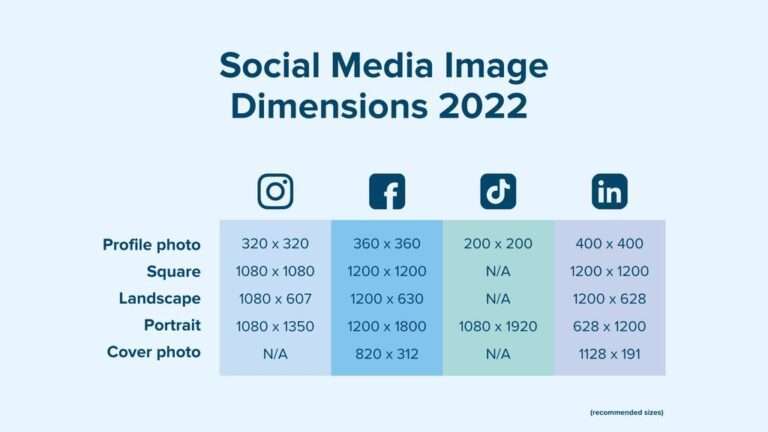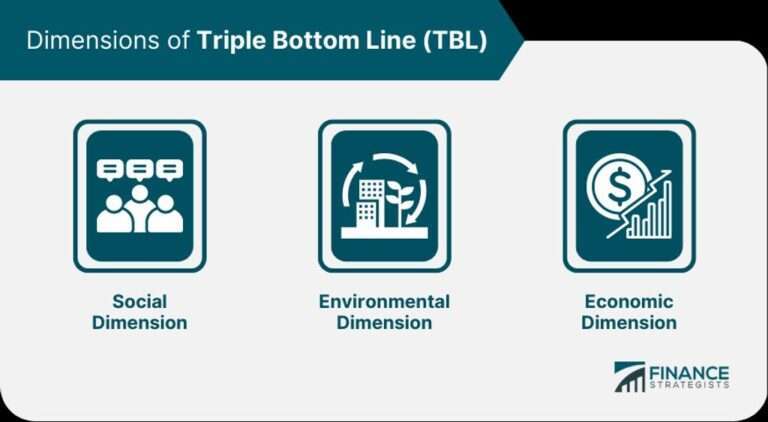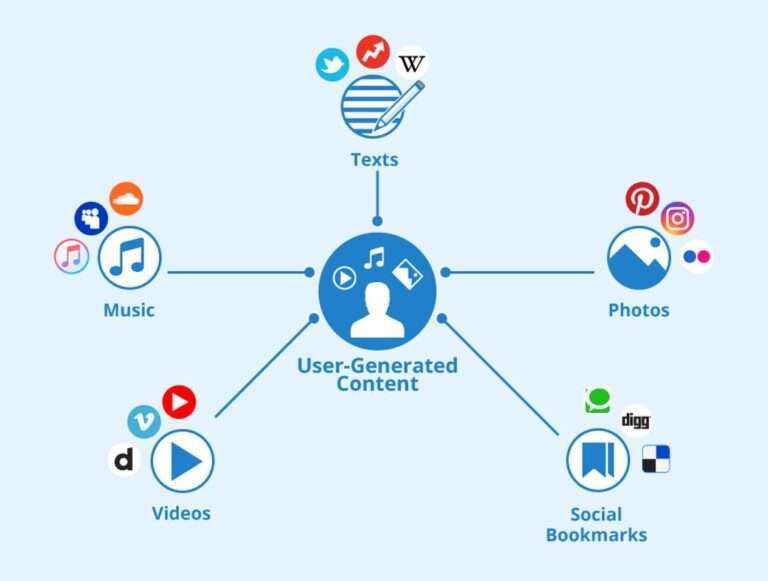What is Modular Content Marketing?
Overview
What is Modular Content Marketing?
Modular Content Marketing is a strategic approach that involves breaking down content into smaller, reusable modules. These modules can be repurposed and combined in various ways to create different pieces of content. The key insight behind this approach is that it allows for greater flexibility and efficiency in content creation. By creating modular content, marketers can save time and resources by reusing existing modules instead of starting from scratch each time. This approach also enables personalization and optimization for different channels and audiences. With a modular approach, marketers can scale their content production while maintaining consistency and quality. To learn more about how to implement Modular Content Marketing, check out Unifire, a platform that helps streamline the process and maximize the benefits of modular content.
Benefits of Modular Content Marketing
Modular content marketing offers several key benefits for businesses. One of the major advantages is cost efficiency. By creating reusable content modules, companies can save time and resources by repurposing content across different channels and campaigns. This not only reduces the need for creating new content from scratch but also ensures consistency in messaging and brand identity. Another benefit is the ability to personalize content for different target audiences. With modular content, businesses can easily customize and tailor their messaging to specific segments, increasing engagement and relevance. Additionally, modular content marketing allows for easier optimization for SEO. By breaking content into modular components, businesses can optimize each module for specific keywords and search intent, improving organic visibility and driving more targeted traffic to their website. Overall, modular content marketing provides a strategic approach to content creation and distribution, enabling businesses to maximize their resources and deliver more impactful and targeted messaging to their audience.
Key Components of Modular Content Marketing
In order to successfully implement modular content marketing, there are several key components that need to be considered. First, it is important to have a solid understanding of your target audience and their needs. This will allow you to create content that is relevant and valuable to them. Second, a modular content strategy should be developed, which involves breaking down larger pieces of content into smaller, reusable modules. This allows for greater flexibility and scalability in content creation. Third, the development of modular content requires a systematic approach, ensuring that each module is well-structured and cohesive. Finally, measuring the success of modular content marketing is crucial to determine its effectiveness and make any necessary adjustments. By focusing on these key components, businesses can effectively leverage modular content marketing to engage their audience and drive results.
To learn more about implementing modular content marketing and how it can benefit your business, visit Unifire today!
Implementation
Creating Modular Content Strategy
When it comes to creating a modular content strategy, the key insight is to break away from rigid, one-size-fits-all content creation methods. Instead, focus on developing reusable content modules that can be easily repurposed across different channels and formats. By doing so, you can save time and effort by eliminating the need to create content from scratch for each platform. Additionally, modular content allows for greater personalization, as you can tailor the messaging and format to suit the specific needs and preferences of your target audience. To implement a modular content strategy effectively, it is important to establish a content library or repository where these modules can be stored and accessed easily. This centralized approach ensures consistency and efficiency in content creation, while also enabling scalability and adaptability as your marketing needs evolve. By adopting a modular content strategy, you can optimize your content production process, increase organic website traffic, and engage your customers through various channels. To learn more about how to create a successful modular content strategy, check out Unifire, a platform that streamlines the content creation process and helps you scale your content efforts effortlessly.
Developing Modular Content
When it comes to developing modular content, it is important to prioritize depth over high-level explanations. This means diving deep into each topic and providing comprehensive insights. By doing so, you can offer valuable information to your audience and establish yourself as an expert in the field. Additionally, it is crucial to create content that is tailored to your target audience. For example, in B2B content marketing, you might focus on providing practical tips and strategies for businesses to enhance their marketing efforts. Finally, don’t forget to include a call-to-action (CTA) to Unifire, a platform that can help you streamline your modular content marketing process. With Unifire, you can easily create, manage, and optimize your modular content for maximum impact. Check out the How-to section below to learn more about implementing modular content marketing effectively.
Measuring the Success of Modular Content Marketing
When it comes to measuring the success of modular content marketing, content creation plays a crucial role. By tracking the performance of individual content modules, you can gain valuable insights into what resonates with your audience and what doesn’t. This data-driven approach allows you to make informed decisions about which modules to optimize, update, or retire. Additionally, measuring the success of modular content marketing involves analyzing key metrics such as engagement, conversion rates, and ROI. By regularly monitoring these metrics, you can assess the effectiveness of your modular content strategy and make necessary adjustments to maximize your marketing efforts. To ensure accurate measurement, it’s important to establish clear goals and define relevant KPIs for each modular content campaign. By doing so, you can track progress, identify areas for improvement, and demonstrate the impact of modular content marketing on your overall business objectives.
Best Practices
Creating Reusable Content Modules
Creating reusable content modules is a key component of modular content marketing. By breaking down your content into smaller, reusable modules, you can easily repurpose them across different channels and campaigns. This not only saves time and effort in content creation, but also ensures consistency in messaging and branding. Reusable content modules can include various elements such as text snippets, images, videos, infographics, and more. By organizing these modules in a structured manner, you can easily mix and match them to create new content pieces tailored to specific audiences or platforms. Additionally, using a modular approach allows you to update and optimize individual modules without affecting the entire content. This flexibility and scalability make creating reusable content modules a valuable strategy for content marketers.
Personalizing Modular Content
Personalizing modular content is a key aspect of modular content marketing. By tailoring content to specific audience segments, you can create a more personalized and relevant experience for your users. This can be done through various techniques such as dynamic content insertion, user segmentation, and personalized recommendations. Personalization not only helps to increase engagement and conversions but also builds stronger relationships with your audience. It allows you to deliver the right message to the right person at the right time. To effectively personalize modular content, you need to have a deep understanding of your audience’s preferences, behaviors, and needs. This requires collecting and analyzing data to gain insights into their demographics, interests, and past interactions with your content. With this information, you can create personalized content modules that resonate with each segment of your audience. By implementing personalization strategies, you can enhance the effectiveness of your modular content marketing efforts and drive better results.
| Benefits of Personalizing Modular Content |
|---|
| – Increased engagement and conversions |
| – Enhanced user experience |
| – Improved customer satisfaction |
CTA: Visit Unifire for more information on how to personalize your modular content and boost your marketing efforts.
How to Personalize Modular Content
- Identify your target audience segments: Conduct market research and analyze data to identify different segments of your audience based on demographics, interests, and behaviors.
- Collect and analyze data: Gather data on your audience’s preferences, behaviors, and past interactions with your content. Use analytics tools and customer relationship management (CRM) systems to gain insights.
- Segment your audience: Divide your audience into distinct segments based on common characteristics. This will allow you to create personalized content modules for each segment.
- Create personalized content modules: Develop content modules that are tailored to the specific needs and interests of each audience segment. This can include personalized recommendations, dynamic content insertion, and targeted messaging.
- Implement personalization techniques: Use personalization techniques such as dynamic content insertion, user segmentation, and personalized recommendations to deliver the right content to the right audience segment at the right time.
- Monitor and optimize: Continuously monitor the performance of your personalized modular content and make adjustments based on data and feedback. Optimize your content modules to improve engagement and conversions.
By following these steps, you can effectively personalize your modular content and create a more engaging and relevant experience for your audience.
Optimizing Modular Content for SEO
When it comes to optimizing modular content for SEO, one key insight is the importance of managing keyword usage. By strategically incorporating relevant keywords into your modular content, you can improve your search engine rankings and increase organic traffic to your website. Additionally, it is essential to ensure that your modular content is structured in a way that is easy for search engines to crawl and index. This includes using descriptive headings, optimizing meta tags, and incorporating internal and external links. By following these best practices, you can enhance the visibility and discoverability of your modular content, ultimately driving more targeted traffic to your website.
Conclusion
The Future of Modular Content Marketing
As modular content marketing continues to gain traction, it is clear that this approach offers numerous benefits for businesses. By creating reusable content modules, companies can save time and resources while maintaining consistency across various marketing channels. Personalizing modular content allows businesses to deliver targeted messages to different audience segments, increasing engagement and conversion rates. Optimizing modular content for SEO ensures that it ranks well in search engine results, driving organic traffic. In the future, we can expect modular content marketing to become even more prevalent as companies recognize its effectiveness in reaching and engaging their target audience. To learn more about how you can leverage modular content marketing for your business, visit Unifire for practical tips and strategies.
Key Takeaways
In conclusion, modular content marketing is a strategic approach that involves creating and organizing content in reusable modules. By implementing a modular content strategy, businesses can drive success by efficiently producing and distributing content across multiple channels. The key benefits of modular content marketing include increased efficiency, improved consistency, and enhanced personalization. To effectively implement modular content marketing, businesses should focus on creating reusable content modules, personalizing content for different audiences, and optimizing content for SEO. Additionally, measuring the success of modular content marketing is crucial to identify areas of improvement and make data-driven decisions. The future of modular content marketing looks promising as businesses continue to seek innovative ways to engage their target audience. To get started with modular content marketing, businesses can follow the best practices outlined in this article and leverage tools like Unifire to streamline their content creation process.
Getting Started with Modular Content Marketing
To get started with modular content marketing, it is important to have a clear understanding of the key insights discussed in this article. Modular content marketing is a strategic approach that involves breaking down content into reusable modules, allowing for greater flexibility and efficiency in content creation. By implementing modular content marketing, businesses can benefit from increased scalability, improved content consistency, and enhanced personalization. The key components of modular content marketing include creating a modular content strategy, developing modular content, and measuring the success of the campaign. It is essential to use a content marketing planning tool to effectively manage and organize the modular content. By following best practices such as creating reusable content modules, personalizing the content, and optimizing it for SEO, businesses can maximize the impact of their modular content marketing efforts. The future of modular content marketing looks promising, with its ability to adapt to changing consumer demands and preferences. In conclusion, getting started with modular content marketing requires a strategic approach, the use of appropriate tools, and a focus on creating high-quality, modular content modules.
In conclusion, Unifire is a powerful tool that allows you to extract summaries, keywords, and titles from your podcast episodes. With Unifire, you can easily repurpose your content and reach a wider audience. Whether you’re a podcaster, content creator, or marketer, Unifire can help you save time and effort by automating the process of extracting valuable information from your podcast. Try Unifire today and unlock the full potential of your podcast!







